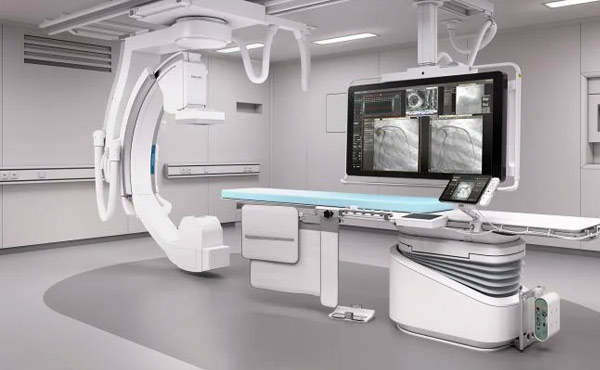Cardiac Catheterization LabWe are delighted to unveil Avishkar Heartcare as a collective commitment in taking forward our vision to bring excellence and affordability, now in cardiac care. |
|
| Areas of Expertise: | Angiography, Angioplasty, Pacemaker, Heart Failure |
|---|---|
| 24/7 Cardiac Emergency | |
| Interventional Cardiology | |
| Dedicated Team of Cardiologist | |
| Valve replacement | |
| Heart attack | |







